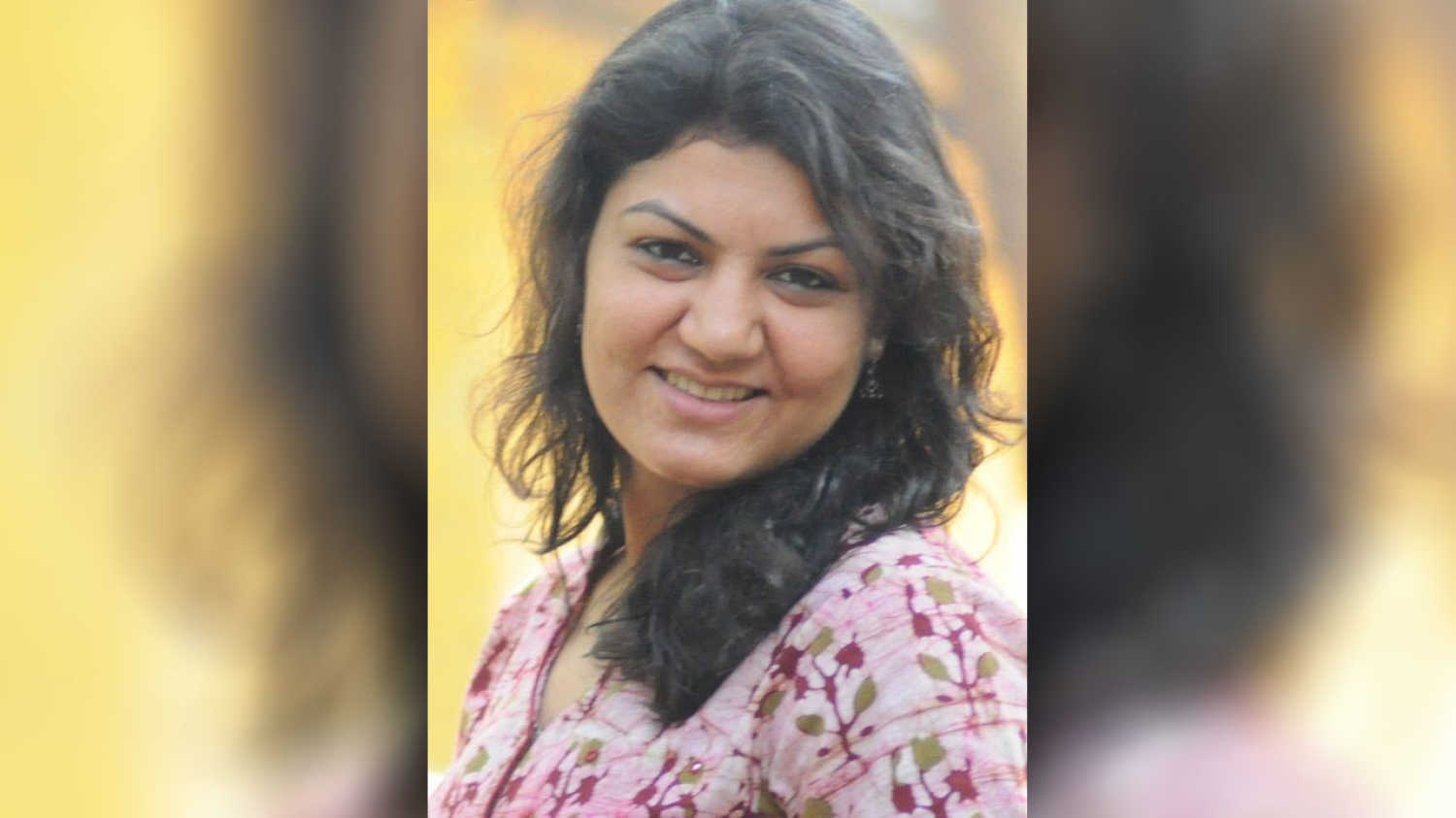The annual festival, which began yesterday, is free and taking place virtually this time. It ends tomorrow, but the films will be open for viewing for 48 hours after they are made available.
The festival feeling has not lessened, says Asian Women's Film Festival director Deepti Khurana
New Delhi - 06 Mar 2021 22:00 IST


Sukhpreet Kahlon
The annual IAWRT Asian Women's Film Festival (AWFF), organized by the India chapter of the International Association of Women in Radio & Television (IAWRT), is taking place virtually from 5 through 7 March 2021.
Usually, the festival is held at the India International Centre, New Delhi, every year. But owing to the COVID-19 pandemic, the festival decided to go virtual for its 17th edition.
The film festival is organized to mark International Women’s Day (8 March). In addition to film screenings, it is hosting masterclasses and panel discussions involving eminent film professionals.
Sharing the journey of organizing the event this year, festival director Deepti Khurana said the planning began in September 2020 by which time, given the pandemic situation, it was decided that the festival be held online.
“We wanted to make [the festival] simple [this year] as every year there is a call for submissions and a process [therein]," she said. "This time, we thought we will curate it and keep the festival simple.
"Curation was important because we wanted to focus on certain kind of films, so we started with the idea of uncertainty in life. The pandemic was never really a focus because we knew that by March 2021, things would change. We started with uncertainty as a thread to begin with.
"So uncertainty for us meant uncertainty in life. In women’s lives we are uncertain about so many things. Not just women, I think it is universal, every human being goes through it at some point of time. We wanted to focus on that.”
This year's selection of films has been curated by three persons — Nina Sabnani, Smriti Nevatia and Khurana herself. Khurana concentrated on film school productions while Sabnani brought together animation films and Nevatia did the major sections. Through the process of watching the various films, other themes and ideas emerged.
“We found that we have a lot of films that correspond with experimentation and form and there were a lot of films that had a very rooted narrative," Khurana said. Many of the filmmakers whose works were selected are young, so that gave the team more ideas. Uncertainty remained the umbrella theme, within which there are the themes of breaking barriers and trying to negotiate with situations, be it the filmmakers or the characters within their films.
Discussing some of the challenges that came up with the decision to conduct the festival online, she said, “Everyone thinks that if [the festival] is happening online, it would be easier, but actually it’s much more difficult. The first challenge I faced was to connect with my own team! Everyone is placed in different cities, so we were all in different spheres, trying to collaborate with one another at different times and doing online meetings every day.
“The second challenge was how to make the festival interactive and simple. In a physical space, the audience tends to interact with each other after they come out of the screening, but how were we going to do that here?” The team then decided to use social media to its advantage and generate conversations using those.
Aside from the screenings, AWFF is having panel discussions and masterclasses, which are taking place on Zoom and are hosted on Facebook Live to reach a wider audience. To make the festival as inclusive as possible, even people who have not registered for it can attend the conversations. “The idea was to reach out to the maximum number," Khurana said, "which is an advantage here because not everyone reaches the physical festival in Delhi.”
The funding organizations came together to support the festival despite the situation created by the pandemic. Appreciating the efforts of the board and the team, Khurana spoke of how everyone came together and enriched the festival with their interactions and suggestions. “The festival feeling has not lessened,” she said, speaking of the excitement generated by the event and the growing number of registrations.
Though the festival is taking place from 5 through 7 March, the films will remain open for viewing for 48 hours after they are made available, making the festival technically open till 9 March. “The 48 hour window gives a chance for international audiences across different time zones to watch the films,” she explained.
Some of Khurana's recommendations are Village Of Women by Tamara Stepanyan, set in an Armenian village, The Orphanage by Shahrbanoo Sadat about a migrant boy which even has Hindi film songs in it, A Rifle And A Bag by Cristina Hanes, Isabella Rinaldi and Arya Rothe about a couple who are Naxalites and the choices they make.
The film school projects are by first-time filmmakers. Amongst them, the animation film Funeral by Yiu Wan Yin Anna and the documentary And I, And I by Lam Yan Yue are not to be missed.
Several films chosen for the festival have won accolades at other prestigious festivals, while some are having their Indian, Asian or world premieres. The festival is free. Viewers simply need to register at http://iawrtindia.org/festival-2021/ to access the screening room and receive updates about the programme.
Related topics
IAWRT Asian Women's Film Festival
